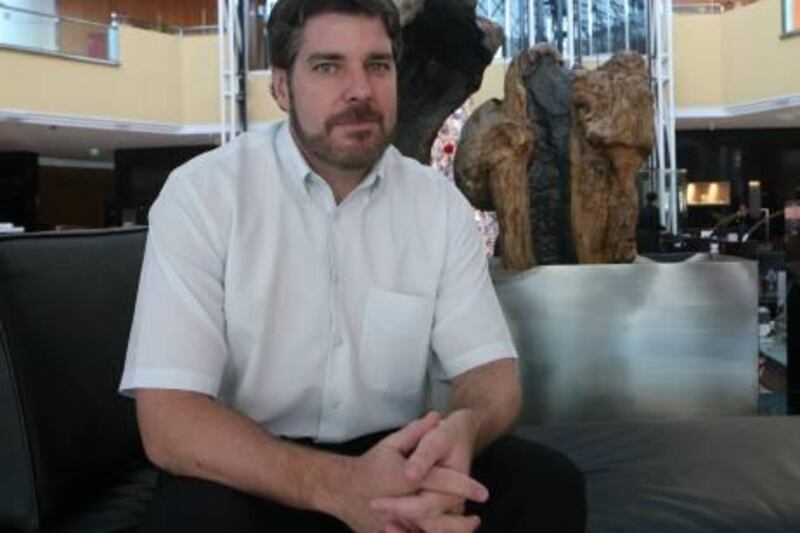DUBAI // The young patients brought by the Palestine Children's Relief Fund (PCRF) to the UAE for medical treatment are not the only ones who are examined closely.
The charity, which organises medical treatment for Palestinian children abroad, goes to great lengths to screen host families for the children.
"We select the family based on social criteria," said the fund's founder and chief executive, Steve Sosebee. "For example, parents must have some kind of experience with kids and be willing to take on the responsibility of having a child in their home."
The host families must understand their guests have been psychologically and emotionally traumatised.
"These children have seen and experienced the fear of living in that environment," Mr Sosebee said. "Many of them have psychological problems such as post-traumatic stress disorder and families need to understand that."
The children are selected for treatment overseas by PCRF staff in Gaza and the West Bank.
Once here, the children can stay between a few weeks and months, depending on the recuperation time.
Before and after surgery, the host families volunteer to cover the cost of feeding and caring for the children.
Rose Zeini, a volunteer hosting Bisan Al Sallaq, 11, said she came forward as soon as she heard about Bisan's need for reconstructive chest surgery.
"It's been lovely having her here," said Mrs Zeini. "She is a naturally shy young girl but she has started to open up more."
When she and her husband showed interest in Bisan's case, PCRF volunteers began the interviewing process to make sure their lifestyle was suitable for the child.
"Bisan shares a room with my four-year-old daughter, who I think has provided a welcome distraction for all she is going through, and they have fun together," Mrs Zeini said.
The most common operations required by young victims of the occupation include reconstructive, orthopaedic and ophthalmic surgeries. But getting the children out of the Palestinian territories continues to pose a significant challenge.
"It depends on the political situation," said Mr Sosebee. "Getting children out of Gaza is very difficult because of the siege.
"Unfortunately, there's no exception even when it comes to sending humanitarian aid.
"Everything is very complicated, but we're ready to face these realities and give the children the help they need."
PCRF also organises for doctors to travel to the Palestinian territories and give free medical aid to those in need.
"We have about 400 to 500 doctors and nurses coming," said Mr Sosebee.
In the Emirates, there is no shortage of doctors willing to volunteer their help, but finding doctors with the specialised skills to treat specific medical needs can pose a challenge.
And when sourcing treatment, the fund must also find hospitals that will agree to provide aftercare treatment.
Most of the children are treated at hospitals in Dubai, but Mr Sosebee said he hoped more will be treated in Abu Dhabi's major hospitals, including Sheikh Khalifa Medical City and Mafraq Hospital.
"These hospitals have qualified staff and excellent facilities. They could help so many children," he said.
"We have had two children treated there before and hope that we can continue treating more."
[ mismail@thenational.ae ]
* With additional reporting by Maey El Shoush






